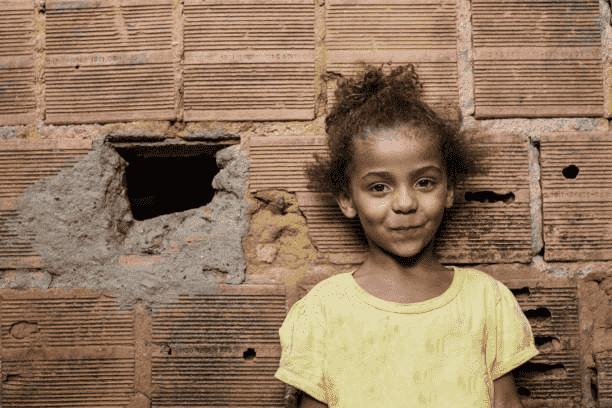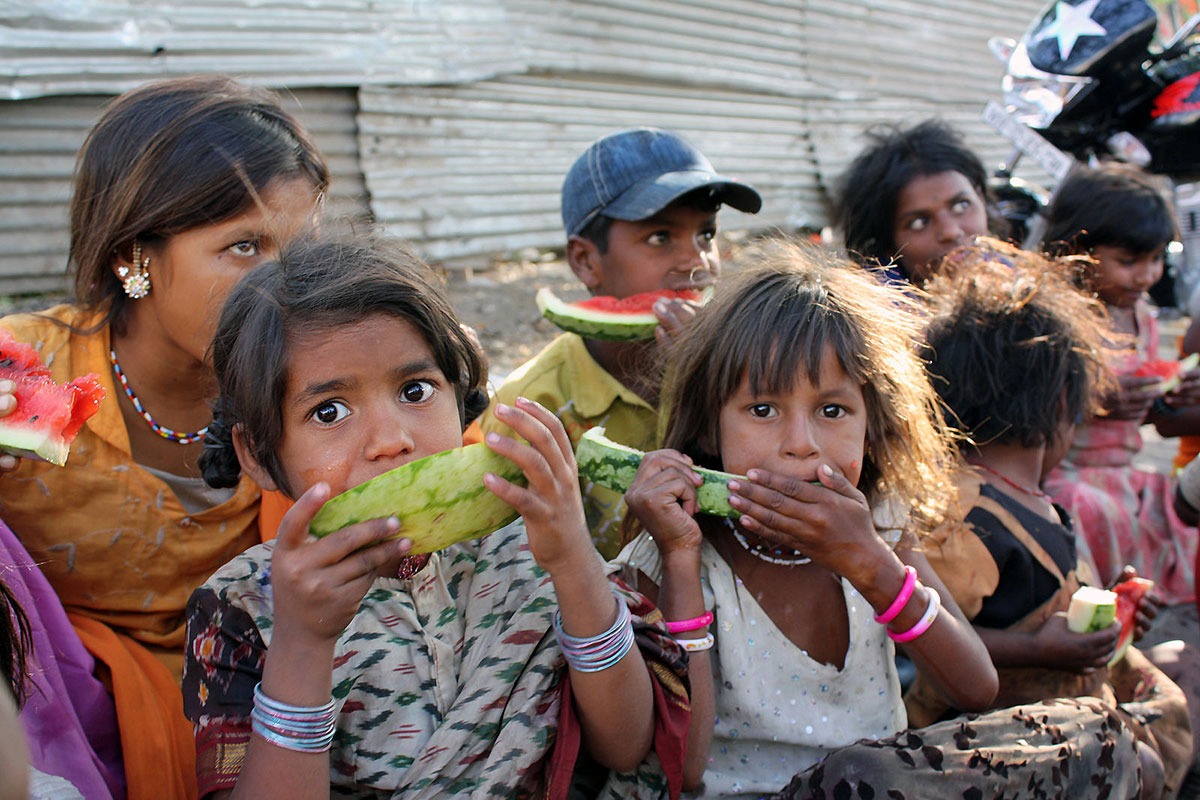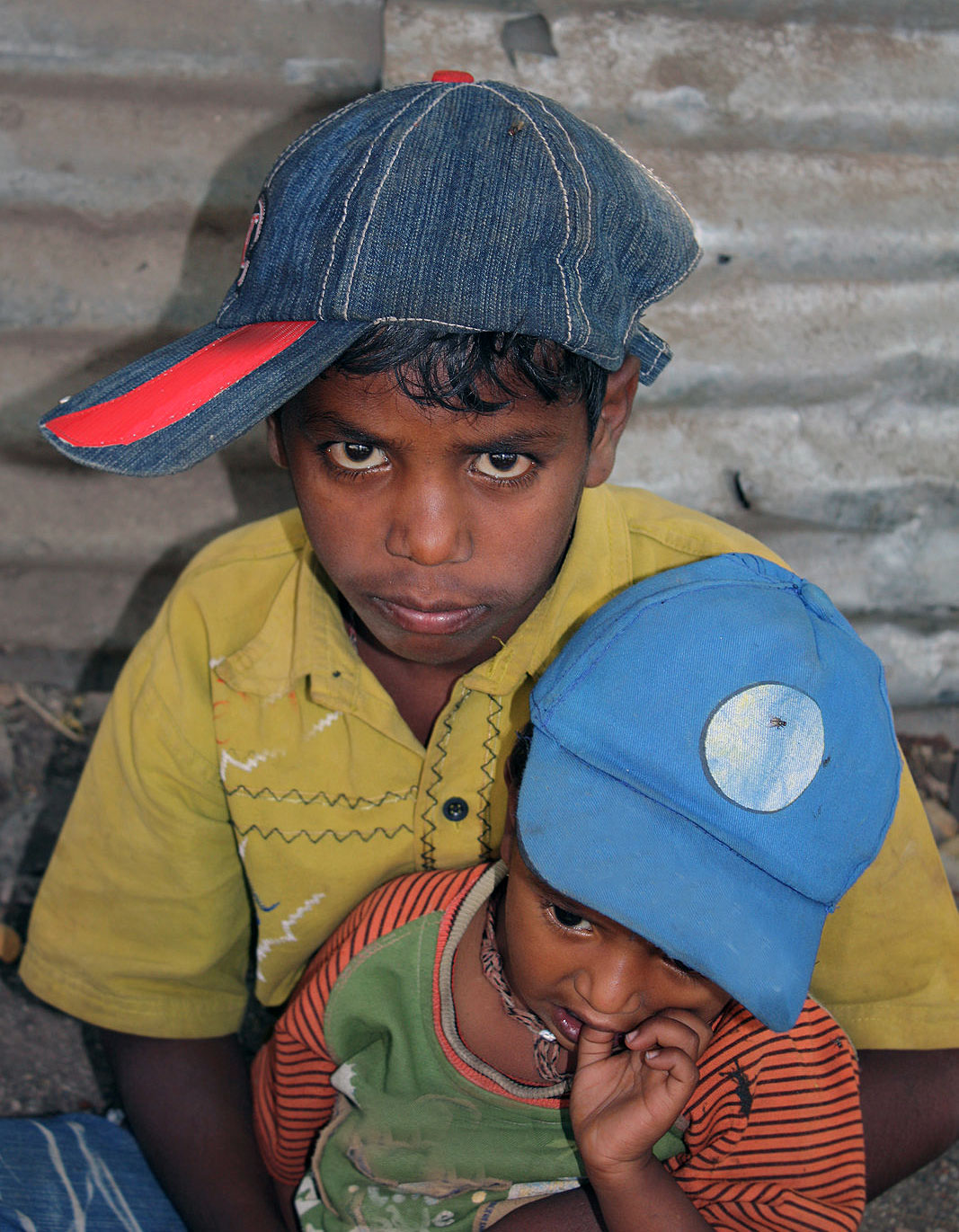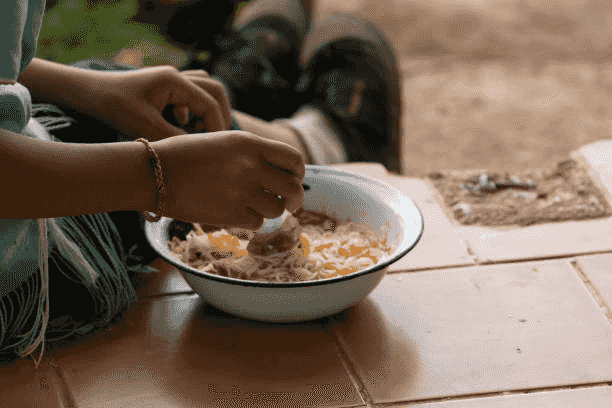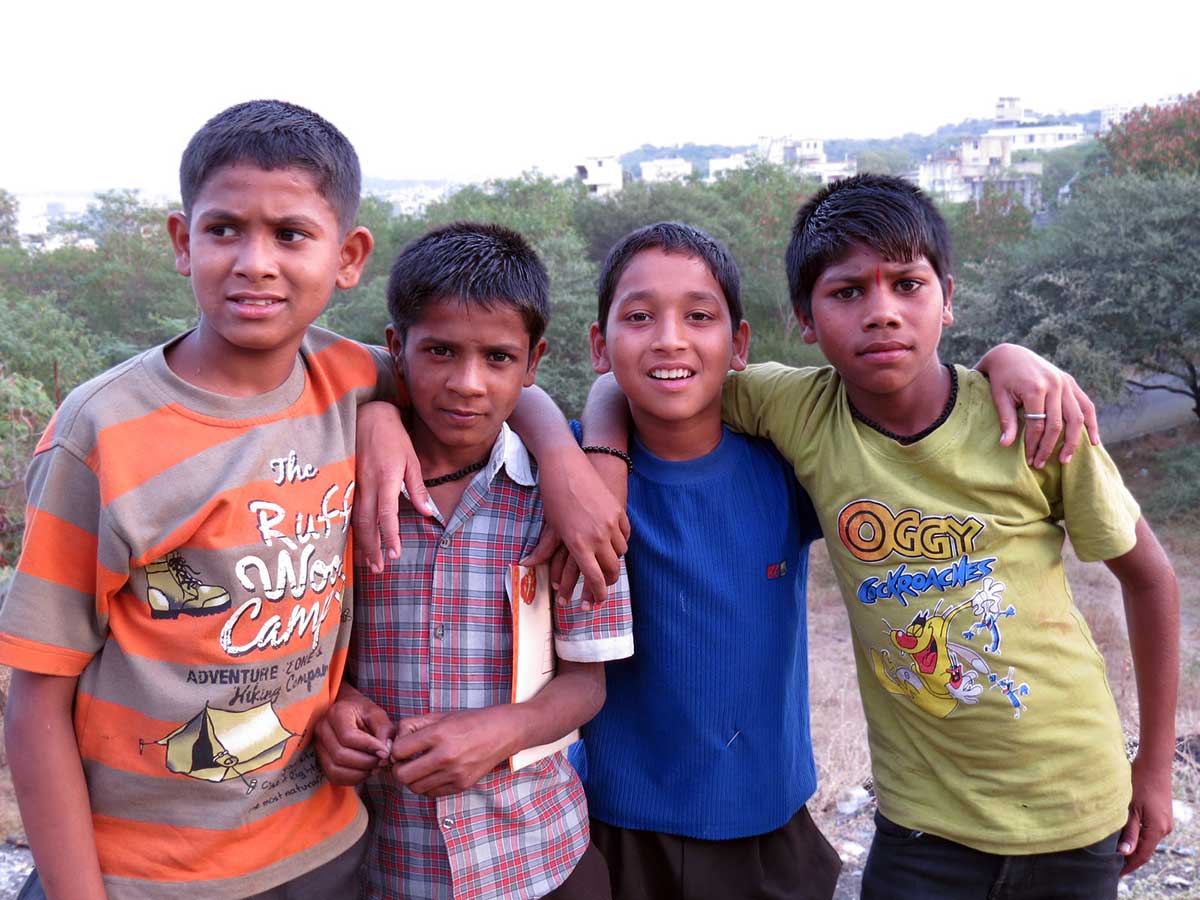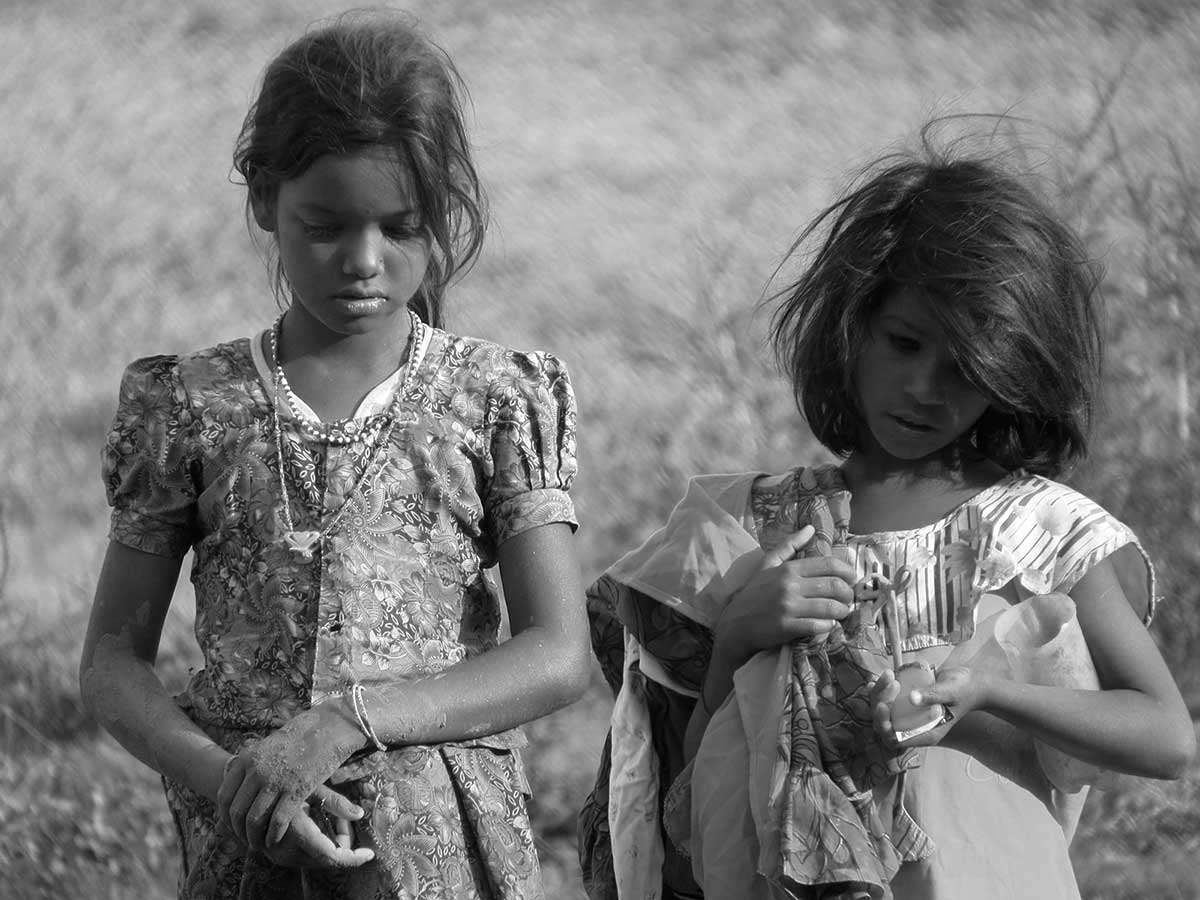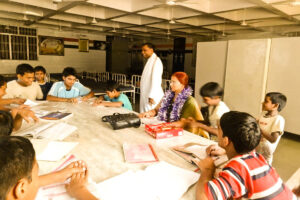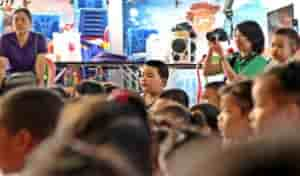No products in the cart.

Early Childhood Education
Beyond an early childhood education’s educational benefits, research suggests that it can set the stage for continued learning. Infant and toddler-aged children who receive stimulation and care from a trusted adult (say, in the home) are more likely to continue attending preschools, enroll in quality early-childhood education programs, and graduate from high school on time. In other words, when kids get what they need as infants, toddlers, and preschoolers through the support of caring adults in their homes, they tend to have more opportunities to go throughout their K-12 education. Given this fact, it makes sense to incorporate a program of infant-toddler care into your child’s day rather than relegate them to a daycare center or nursery school outside of your residence. The good news is there are many affordable and effective ways you can support your baby’s early childhood development while keeping costs low. Let’s take a look at some of the ways you can optimize infant-toddler care so that by age 6 your child learns all he needs to succeed in middle school and beyond:
Make mealtime fun
One way to make mealtime fun and effective is by offering your child healthy choices. Try introducing new foods that are relatively inexpensive, easy to prepare, and kid-friendly. Offer a variety of fruits, vegetables, proteins, carbohydrates, and whole grains in an array of textures for your baby to explore. Another key component to make mealtime fun is offering a selection of tasty beverages that are appropriate for kids’ consumption.
Play with your baby and infant daily
Research has shown that the more time you spend with your child, the more likely they develop. This is true for all children, but it’s especially important for young children who need a lot of attention. Playtime is one of the most important ways parents can support their babies’ development. It gives children opportunities to explore about themselves and their environment all while providing them with a sense of purpose and belonging. As such, it becomes an important resource to engage in during those first few years of life, especially when they may not be able to handle long periods of time spent on educational activities or other tasks. You can help your baby develop motor skills, social skills, language acquisition, cognitive skills, motor planning skills through play. If you want your baby to learn about numbers, show them how different shapes make up numbers; if you want them to learn about shapes, give them something new every day!
Be hands-on with your toddler
Sure, it may seem easier to leave your toddler with a babysitter or nanny while you go to work, but research shows that when parents spend time actively engaging with their kids (rather than focusing on work only), their children have a better chance of growing. When you interact with your toddlers each day, you provide the stimulation they need to grow. In addition, participate in activities that get your toddler’s heart pumping like jumping on a trampoline or playing outside.
Don’t stop reading to your preschooler
One of the most important things you can do for your child is to continue reading with him or her. Studies suggest that reading aloud helps children develop basic language skills and vocabulary. It also encourages kids to read on their own, which leads to higher chances of literacy success later in life. At the same time, it’s important not to overdo it and discourage your child from watching TV and playing with toys while you read. The more comfortable they are while you read, the more likely they are to become lifelong readers who will grow into successful learners. In fact, a study conducted by the Institute for Early Education Policy Education showed that children who spent less than 20 minutes per day in front of a screen were better readers than those who spent more than two hours per day engaged in screen-based activities.
Help your older child develop new skills
The best way for your older child’s development is with play. When your kids are babies, they need constant attention whether that means playing with them outdoors, reading them stories, or singing songs. As they grow older, you can play games and activities that help them develop. If you have a small budget, you don’t have to spend a lot of money to make an impact on your child’s development. Try doing some exercises like coloring on a chalkboard or cutting out paper shapes for your toddler to assemble into an animal or other shape. You can also try using a basket for different activities like sorting items by color and size or having her build towers from blocks.
Strengthen your child’s core skills
It’s important for parents to provide early childhood education, but you also need to teach your baby and toddler the skills they’ll actually use in life. While there is debate about exactly what skills are most important for children, research has shown that building a strong foundation in language helps children enter school ready. To help your infant and toddler develop language, be sure to engage them with different types of play. For example, you can say words out loud or sing songs with them as they do something enjoyable like playing with blocks or dressing up in their favorite costumes. As your child gets older and has more control, continue these activities so each phase of development is supported by one another. You can also introduce new toys as they get older so they can find new ways to play and explore new concepts like colors, shapes, or numbers.
Conclusion
Early childhood education is a long-term investment that can mean the difference between success and failure for your child. But how do you make sure your work pays off? The first step is to make mealtime fun for your child by engaging in creative play to keep your child active and engaged. You should also play with your baby and infant daily to stimulate the development of their motor skills and brain development. The next step is to be hands-on with your toddler to strengthen the emotional bond between you and your child, which will help with their emotional development and self-esteem. You should also continue reading with your preschooler to help them develop new skills in literacy and language.

